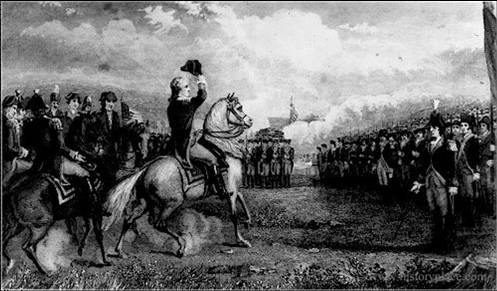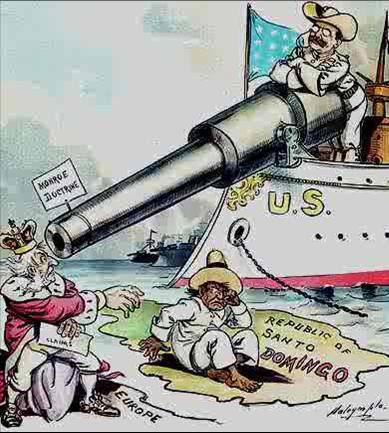Please take and score these tests by following the six links:
ONLINE TEST #1 --http://ritter.tea.state.tx.us/student.assessment/resources/online/eoc00/ushistory.html
ONLINE TEST #2 --
http://ritter.tea.state.tx.us/student.assessment/resources/online/2002/eoc/ushistory.html
ONLINE TEST #3 --
http://ritter.tea.state.tx.us/student.assessment/resources/online/2001/eoc/ushistory.html
ONLINE TEST #4 --
http://ritter.tea.state.tx.us/student.assessment/resources/online/2003/grade10/socialstudies.htm
ONLINE TEST #5
http://ritter.tea.state.tx.us/student.assessment/resources/online/2003/grade11/socialstudies.htm
ONLINE TEST #6 --
http://ritter.tea.state.tx.us/student.assessment/resources/online/2006/grade11/ss/11socialstudies.htm
ONLINE TEST #2 --
http://ritter.tea.state.tx.us/student.assessment/resources/online/2002/eoc/ushistory.html
ONLINE TEST #3 --
http://ritter.tea.state.tx.us/student.assessment/resources/online/2001/eoc/ushistory.html
ONLINE TEST #4 --
http://ritter.tea.state.tx.us/student.assessment/resources/online/2003/grade10/socialstudies.htm
ONLINE TEST #5
http://ritter.tea.state.tx.us/student.assessment/resources/online/2003/grade11/socialstudies.htm
ONLINE TEST #6 --
http://ritter.tea.state.tx.us/student.assessment/resources/online/2006/grade11/ss/11socialstudies.htm
Subscribe to:
Post Comments (Atom)













No comments:
Post a Comment